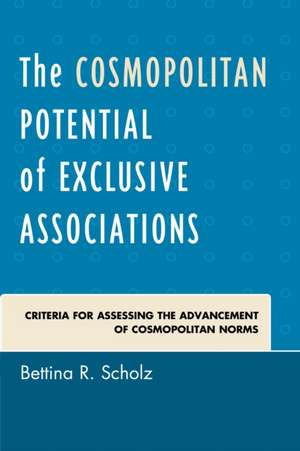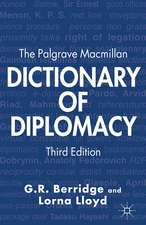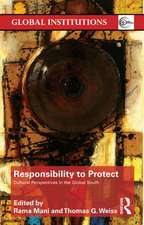The Cosmopolitan Potential of Exclusive Associations
Autor Bettina R. Scholzen Limba Engleză Hardback – 7 oct 2015
Preț: 708.76 lei
Preț vechi: 970.90 lei
-27% Nou
Puncte Express: 1063
Preț estimativ în valută:
135.64€ • 141.24$ • 114.63£
135.64€ • 141.24$ • 114.63£
Carte tipărită la comandă
Livrare economică 10-24 martie
Preluare comenzi: 021 569.72.76
Specificații
ISBN-13: 9780739189979
ISBN-10: 0739189972
Pagini: 242
Dimensiuni: 152 x 231 x 23 mm
Greutate: 0.5 kg
Editura: Rowman & Littlefield
ISBN-10: 0739189972
Pagini: 242
Dimensiuni: 152 x 231 x 23 mm
Greutate: 0.5 kg
Editura: Rowman & Littlefield
Notă biografică
Descriere
This book assesses the extent to which transnational non-state associations help to cultivate greater respect for the moral equality of all humans and to build transnational communities. It shows that such cosmopolitan ideals can arise from unexpected places in our world without the self-conscious intention of advancing a common human community.













